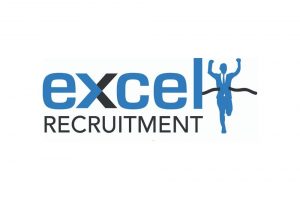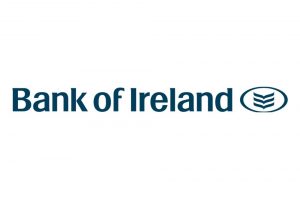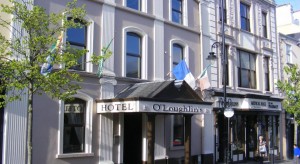One in Four SME’S in Default on their Business Loans! What’s Going On?
The Facts
One in every four loans to Irish small and medium-sized businesses was in default at the end of last year, based on Central Bank’s SME Market Report. The numbers show that:
- 26 per cent of all loans to the sector were in default, meaning that repayments on these debts were 90 days or more overdue.
- 41% SME loans are in arrears.
- The smallest and largest loans carry a higher default risk.
- Among the largest loans, SME default rate is 48 per cent.
- The default rate increases among the largest 25 per cent of SME loans.
- The sectors receiving the most gross new lending over the period 2010-2013 has been agriculture, forestry, fishing, followed by the wholesale and retail trade sectors.
- Credit demand remained stable between 35% and 40% at March 2013 to 35% at March 2014.
- Credit demand is higher for SME firms than Micro firms.
- At the end of 2013, the average SME owed its bank €71,101 and was paying interest at 6.41 per cent.

Is Your Sector Still Struggling?
The default rate is highest for SMEs in the Construction, Hotels, Restaurants and Personal sectors. Default rates were unsurprisingly highest amongst building companies, who continue to struggle as new builds are at an all-time low. Companies in this sector had fallen behind on more than 60 per cent of the amount that they owe their banks. Sectors also suffering badly were the Hotels and Restaurant sectors. This shows that businesses requiring significant capital investments are more at risk .
When it comes to credit the demand for working capital and restructuring purposes is “outstripping” that for investment or growth purposes. Only one-in-four applicants were seeking cash to fund growth and expansion, while 61 per cent cited working capital requirements as the reason for their credit application. This clearly isn’t a positive sign as it highlights the fact that many businesses in struggling sectors are still in survival mode rather than growth orientated. How can a business grow if it is merely surviving?

What Can be Done to Help Struggling Businesses?
While sentiment in the business environment has been improving, reality on the ground is that small businesses are still very much struggling to maintain their financial footing. paying all of their bills is still a major issue. With 41.4 per cent of the total balance owed by the SME sector overdue, this is clearly demonstrating that financial pain is still being felt despite some positive echoes elsewhere in the economy. Every small business will have their own tales of woe with some issues specific to the individual business, while many others will be common to the sector.
Lack of credit, rejection of credit applications, businesses dissuaded from applying for credit lines, upward only rent arrangements, business services taxes, high costs of employment, lack of SME business supports and high cost of growth are all limiting factors to the sectors. Governmental action on these areas has been slow with many businesses feeling left behind through no fault of their own. Small businesses will argue that they are being squeezed from every angle and don’t know where to turn for support. Do they continue to plow on hoping that something positive will change in the near future or look for other professional organisations that can help and support their business?

Avid Partners Working With The SME Sector to Improve Their Businesses
Avid Partners have worked with a range of small businesses in financial distress. In our experience struggling with legacy debt and fluctuating revenues is not uncommon. Many managers find dealing with such things very stressful and delay positive action as a result. Avid Partners have recent experience in assisting clients in the areas of Cash Flow Management, which stops the financial bleeding, and gives the company time to get back on its feet. Bad Debt problems have also been a problem area for many companies who, through no fault of their own, may have positive weekly sales but little money available to them month to month.
Avid Partners have implemented a number of successful Debt Retrieval programmes to revive clients businesses and get them through back on track. Avid Partners Business Turnaround Programmes focus on identifying:
- Short Term Cash Flow Problems
- Implementing Solutions (100 Day Turnaround Plan)
- Putting structures in place so that such issues are not repeated.
Once the short term stability of the company is achieve we then work proactively with the organisation on Positive Growth Strategies.
- Expansion Programmes
- Staff Recruitment
- Corporate Management
- Diversification
- Acquisitions Strategies
These are the directions that small business should be going but can’t as they are stuck in a rut. Sometimes the simple reality is that businesses need some help and support from experts in their field to sort things out. New drive and energy is what can be required to get back on track. Experience counts for a lot when your businesses survival is at stake!

Contact Avid Partners To See How We Can Help Your Business
Business Turnaround: Jamie@avidpartners.ie
Marketing & Business Consultancy:paul@avidpartners.ie
Accounting & Financial Administration: conal@avidpartners.ie
Our website has many examples of companies we have helped over the years! www.avidpartners.ie












